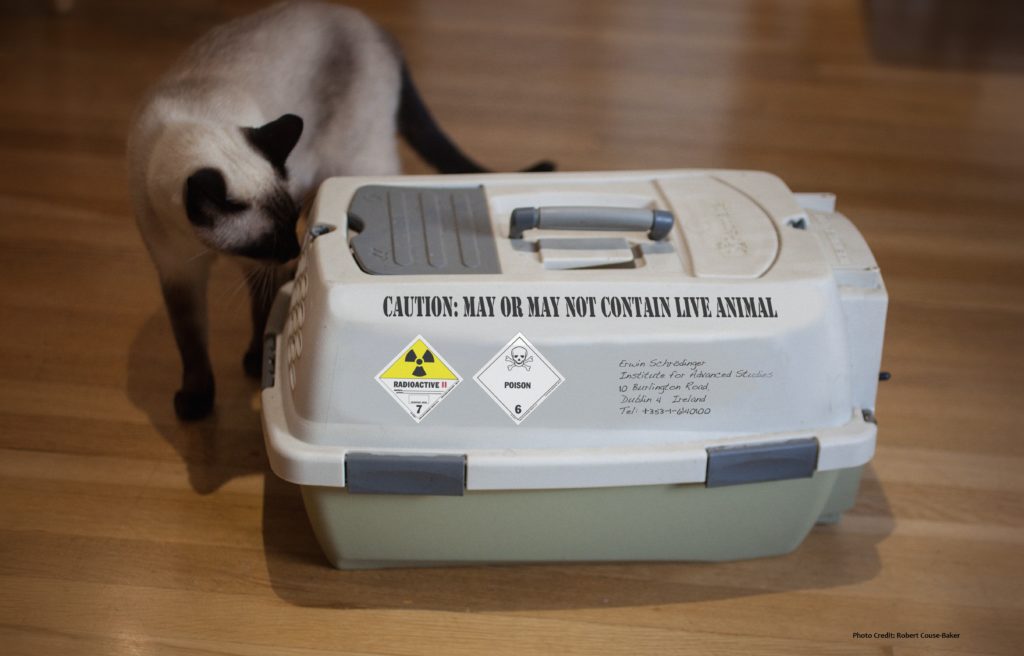Renowned author Stephen Covey once said, “If there’s one thing that’s certain in business, it’s uncertainty.” We live in trying times. The global pandemic, sociopolitical conflict, inflictions of oppression and war, rising inflation, the competitive labor market, the exorbitant price of necessities such as food, fuel, and clothing, etc. The list goes on. Add to those all the complexities of employment – finding, landing, and succeeding in a well-paying job with the typical stress from people around you, policies and procedures that change unannounced, new job requirements, technology limitations, or other circumstances beyond your control – and it is abundantly clear that life at work these days is not easy.
Have you ever wondered how some of the most successful people at work handle all the demands of their job so easily? They can cope with the chaos of uncertainty. Some have a gift to either ignore the ambiguity or become motivated by it, while others have developed tactics for dealing with it in a productive manner. But for others, chaos in the workplace can undoubtedly have a negative impact on job satisfaction. So let’s look at a few ways we can overcome and deal with uncertainty in the workplace.
- Accept ambiguity. World famous cross-country runner Forrest Gump inspired a bumper-sticker catchphrase similar to “stuff happens.” Well, as in all institutions, stuff happens at work all the time. While we have no control over the chaos caused by the ambiguity, we do have control over our emotional response to the chaos. Acknowledging this is key to preparing ourselves for when things turn south.
- Think positively and don’t worry. Ann Landers famously wrote, “Problems are inevitable. Misery is a choice.” People who fixate on the “what ifs” or “what thens” often paralyze themselves, hindering their work performance and causing unnecessary stress and anxiety that permeates company culture. Fear is a natural emotion that serves the very important purpose of protecting us from things that might cause harm. But taken to the extreme, fear can create a debilitating phenomenon that results in overly timid and risk averse behavior. Being aware of our fears and making reasonable gut checks may help us ascertain whether our fears are substantiated or inflated.
- Control what you can control. Don’t beat yourself up over things beyond your control. Begin by listing things you have control over and prioritizing those items that have the most meaningful impact to your daily job duties, professional development, and career aspirations. If you’re awaiting resolution or a decision on something you are uncertain about, turn to your list and take care of tasks you can control.
- Stay grounded. Take care of yourself. Eat well and get plenty of rest and exercise. Keep a healthy routine away from work. Engage in activities that anchor you, such as spending time with family or friends, participating in sports or other social activities, reading, etc. Avoid the temptation to turn to alcohol, drugs, comfort food, or other vices, as they rarely result in better outcomes.
The world in which we live and the places we work are constantly impacted by uncertainty and influences that we cannot control. The more effort we put forth accepting this reality and learning how to manage our emotional responses to the chaos, the better equipped we will be to handle whatever is around the bend. Hope is found in knowing that this challenge is nothing new, for we wouldn’t be here if our ancestors hadn’t successfully navigated hardships for thousands of years. Despite today’s uncertainty, we’ve been here before and we’ll be here again. That is for certain.
Acadia HR has been helping businesses locally and nationally since 1989 by delivering tools and resources to build efficiencies in their clients through personal, customized service. For more information on outsourcing options, please call 845.876.1987 or email sa***@******HR.com.

